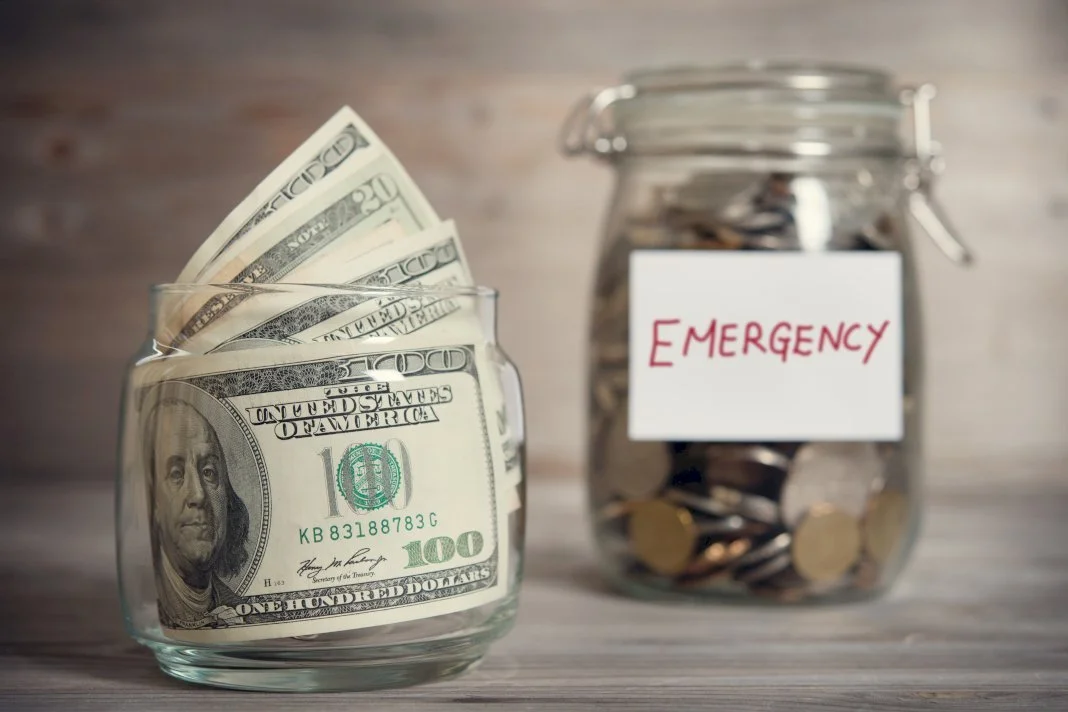It is never too early to start practicing financial discipline. The sooner you start saving and budgeting your money, the more likely you will have a comfortable financial future. In fact, according to statistics, people who begin saving for retirement in their 20s have a much easier time than those who wait until their 30s or 40s.
There are several reasons for this:
The longer you wait to save, the more money you will need to set aside each month to reach your goal.
Your 30s and 40s are typically when you raise a family and deal with other significant expenses, such as a mortgage or car payments.
The stock market tends to perform better over the long term than in shorter periods, so if you start investing in your 20s, you will likely see more significant returns than if you wait until later.
The bottom line is that it is never too early to start saving for retirement or any other financial goal. The sooner you get started, the easier it will be to reach your goals. Here are a few things to consider when trying to achieve that process.
Budget
One of the most important things you can do in your 20s is to start budgeting your money. This means knowing how much money you have each month and allocating it towards various expenses. You will need to figure out your fixed costs, such as rent or a car payment, and then determine how much you have left over for other things, such as food, entertainment, and savings.
It can be helpful to use a budgeting app or spreadsheet to track your progress. This will allow you to see where you are spending your money and whether or not you are on track to meet your financial goals.
Of course, most people in their 20s will find it challenging to say no to some expenses. However, if you can stick to your budget and avoid unnecessary spending, you will be financially well.
Savings
One of the best things you can do in your 20s is to start saving for retirement. The sooner you start, the easier it will be to reach your goal. There are a few different ways you can go about this.
If your employer offers a 401(k) plan, you should sign up and start contributing as soon as possible. Most programs allow you to contribute up to $18,500 annually; some even offer matching contributions. This is a great way to save for retirement because the money is taken out of your paycheck before you even have a chance to spend it.
Another option is to open an individual retirement account (IRA). This is an excellent option if you are self-employed or do not have access to a 401(k) plan. IRAs come in two different varieties: traditional and Roth. With a traditional IRA, you get a tax deduction for your contributions, but the money is taxed when you withdraw it in retirement. With a Roth IRA, you do not get a tax deduction for your assistance, but the money grows tax-free and is not taxed when you withdraw it in retirement.
Investments
In addition to saving, you should also consider investing your money. This can be a great way to grow your wealth over time.
You can make many investments, such as stocks, bonds, and real estate. It is essential to do your research before investing any money. You will want to consider things like your risk tolerance and investment goals.
It is also important to remember that investments can lose value, so you should only invest money you are comfortable with losing.
Fortunately, you can partner with an insurance company with an ideal investment plan to help you make the best decision for you and your family.
Emergency Fund
Another essential thing to consider in your 20s is building an emergency fund. This is a fund that you can use to cover unexpected expenses, such as medical bills or car repairs. Most experts recommend saving enough money to cover three to six months of living expenses.
You can start by setting aside $50 from each paycheck into a savings account. Once you have saved up $1,000, you can start investing the money in other places, such as a certificate of deposit (CD) or a high-yield savings account. This way, you will earn interest on your money while still having access to it if needed.
Final Thoughts
These are just a few financial strategies you should consider in your 20s. By following these tips, you can set yourself up for success now and in the future.
It can be challenging to save money in your 20s, but it is possible with little effort and discipline. You can do this in several ways, such as budgeting money, investing, and building an emergency fund. Consider all of your options and find what works best for you. With a bit of planning, you can quickly achieve your financial goals.


